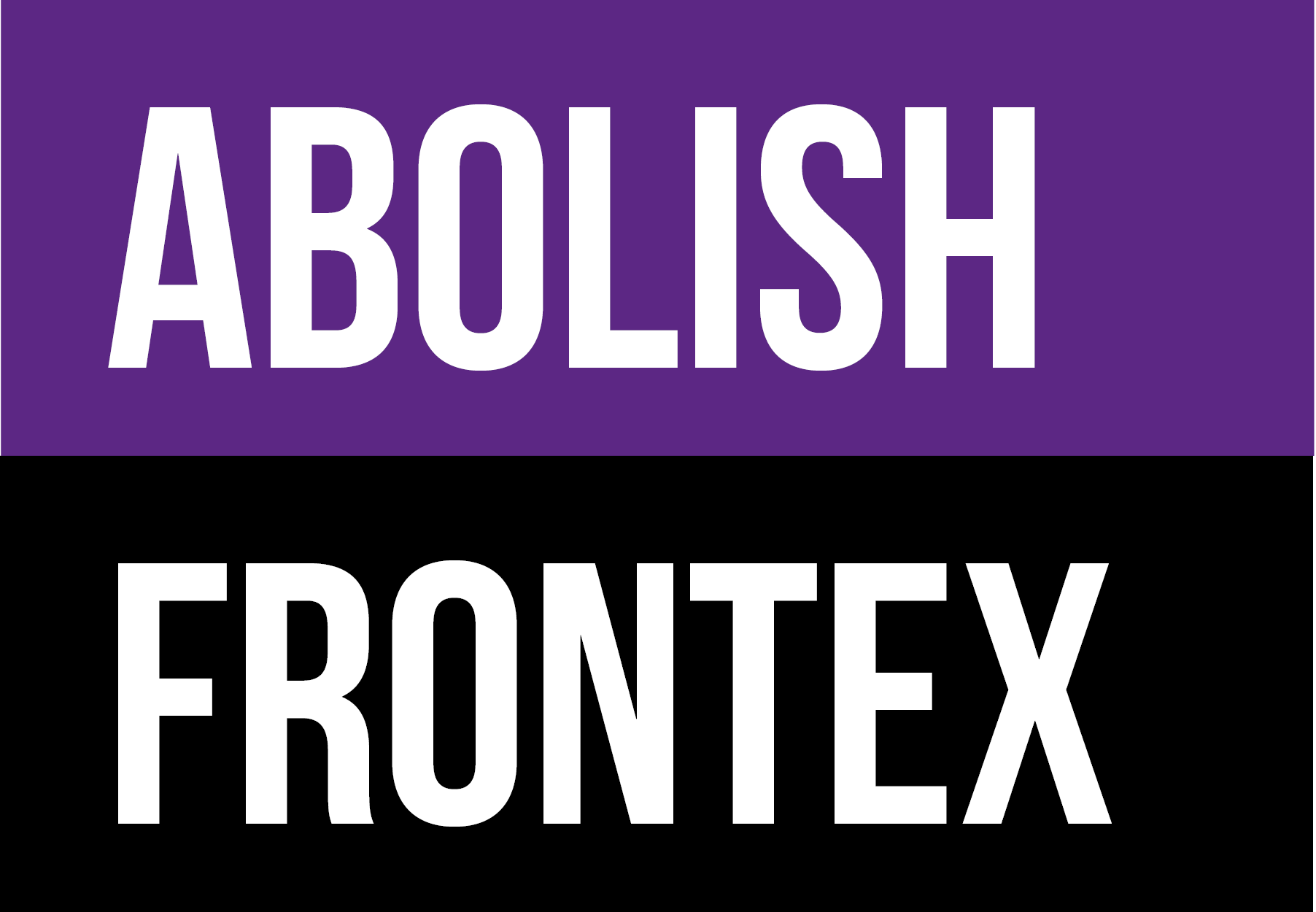What we’re calling for:
- End detention
- Close existing detention centres
- Release all detained migrants
- Stop the construction of new detention centres
- Stop local and national governments from entering into new contracts with private detention centres and prison services
- Close the camps and other facilities detaining people on the move
- Stop the collaboration between police and immigration authorities
- Stop EU support for and requirements regarding migrant detention in third countries
- Let people deported to their country of origin, or any other country within our outside the EU, return and rejoin their families and communities
- End detention by any other name (for example semi-detention in Netherlands, ‘open centres’ in Belgium)
- End existing alternatives to detention and other forms of controlling movement (for example the obligation to register each night; “family houses” in Belgium and the Netherlands)
- Stop detention on ships, including keeping people on the move on ships for handling asylum applications, and cancel plans for offshore detention
Context
Detention is a part of anti-immigration policies in all EU member states. According to the Global Detention Project there are over 200 places for migrant detention in the EU. No person should be detained.
Apart from the fact that no-one should be detained, detention centres are often rife with abuse and a wide range of problems including overcrowding, prolonged detention, abusive behaviour from guards, lack of access to medical and legal assistance and more.
Frontex isn’t directly involved in migrant detention, but detention is part of the system Frontex plays a crucial role in, and so is a consequence of or prerequisite for some of its functions. For example, people on the move who are intercepted by Frontex operations often end up in detention. And deportations – for which Frontex plays an increasing coordinating role at the EU-level – are usually preceded by a period of detention.
The EU and individual member states also fund and otherwise support migrant detention in non-EU countries as part of their border externalisation efforts. This includes funding for the construction of detention centers, training and consultancy services.
Research and ressources
- The website of the Global Detention Project provides an overview and analysis of migrant detention worldwide
- Migrant detention in the European Union: a thriving business: a report by Migreurop which maps the rise of the privatised migration detention business across the European Union
- ¿CUÁL ES EL DELITO? Informe de la Campaña por el cierre de los centros de internamiento: el caso de Zapadores: a report by Spanish group CIEsNo exposing detention conditions in Spain and subsequent human rights violations.
- Outsourcing Oppression (2021) This report by TNI seeks to join the dots between Europe’s outsourcing of migrant detention to third countries and the notoriously poor conditions in those migrant detention centres. Europe calls the shots on migrant detention beyond its shores but is rarely held to account for the deeply oppressive consequences, including arbitrary detention, torture, forced disappearance, violence, sexual violence, and death.
